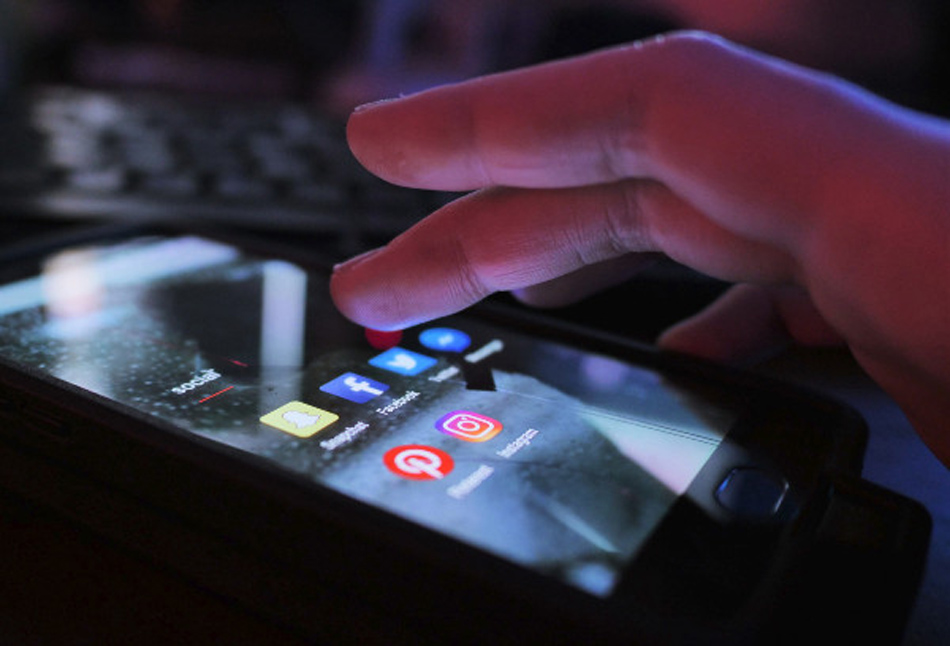The 2010s was a decade of social media. It fuelled a stock market boom, supported revolutions, influenced elections, brought people together (and tore them apart), it revolutionised advertising and it fundamentally changed my job – crisis communications.
An internet search for “social media” in 2010 returned results about opportunity: “How to use social media to find a job.” “Social media will bring down dictatorships.” From Occupy Wall Street to the Arab Spring, social media helped mobilise people around the world, but as with all new technologies there have been problems.
In 2019 there was a backlash. Today an internet search for “social media” returns gloomy results. “Social media drives fake news.” “Online bullying kills teens.” “Tech firms are exploiting your personal data.”
Whether you think social media helps humanity or hurts it, it’s clear that the medium has changed the way we communicate and how we gather information.
Increasingly, people say they don’t trust social media and see it as a negative force in the world. I am seeing an increasing number of people in our training sessions who say they have quit social media. Yet, despite what people say, the number of social media users continues to grow (1 billion in 2010 to well over 3 billion today).
As a crisis communications manager I deal with the best and worst of social media every day. I see its power to bring attention to important issues such as the mistreatment of seafarers, but I also see the damage caused when people are enraged by information that is either wrong or without context.
We have always been a gullible species, we’re inclined to believe others (not a bad thing). Social media hasn’t changed that, but it has changed the number of people we’re in contact with and who can spread information. Before social media, the tools of mass communication were accessible only to a few. For better or worse there was a restriction on who could share ideas. This reality dangerously restricted the freedom of ideas, but it also tended to enhance the quality of the ideas that were shared.
Publishers and editorial teams used to filter out a lot of nonsense that now circulates online without limit, and worse, some social media algorithms actually favour inflammatory and sensational content over accuracy or balance.
Most social media users claim they can recognise and ignore baseless sensational content, but most either can’t or don’t.
What will the next decade of social media look like? I don’t know, but if social media is to be a net force for good, two things must change:
- Social media users must learn to evaluate the content they’re looking at for accuracy and balance. Some studies indicate that younger generations are already better at this than those that didn’t grow up with the internet, so there may be hope.
- Social media companies need to stop using algorithms that promote sensational content over accurate and balanced content. However, this move must not come at the expense of freedom of expression. Authors should not be rewarded for being sensational, but equally we should not return to a world where small voices are supressed.









